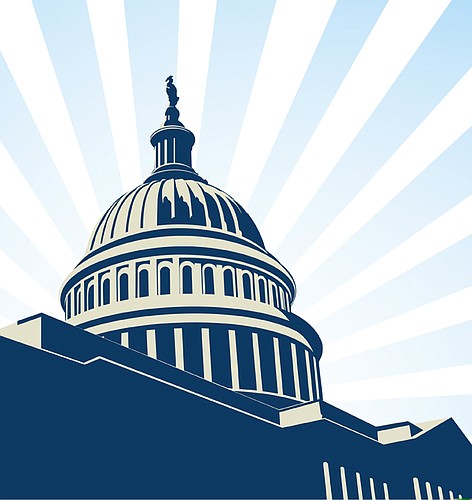- November 21, 2024
-
-
Loading

Loading

Scott appoints higher ed group
Gov. Rick Scott went against the higher education establishment and the business community when he vetoed a bill that would have allowed the University of Florida and Florida State University to raise tuition rates above the maximum allowed by the state.
The Governor's decision to side with students and parents however did not end the issue. He has appointed a task force that will take an in-depth look at higher education reform in Florida's public institutions.
“The state has a vested interest in ensuring its higher education system produces world-class talent to serve as engaged citizens and meet the demands of Florida's emerging knowledge-based economy,” Scott said announcing the task force.
Scott has made reforming higher education an increasing priority in his administration. He is pushing for universities to focus on degrees that meet the demand of available jobs, specifically STEM -- science, technology, engineering and math.
But the task requires more than that, for the university system is resistant to change. The Blue Ribbon Task Force on State Higher Education Reform is to focus on higher ed governance and how the Board of Governors deals with individual universities. It is supposed to report its findings in late August.
“It's time to assess the progress of reform efforts and identify strategies to improve efficiencies and enhance the system's effectiveness as an economic catalyst,” Scott said.
Citizens insurance creates extra lifeline
In an effort to create a layer of protection for Florida policyholders, Citizens Property Insurance Corp. has closed on $750 million in hurricane bonds — a first for the state-backed insurer.
The goal is to keep from jacking rates up on all policyholders after a catastrophic hurricane hits by transferring some of the risk from Citizens' policyholders to investors. As Citizens was intended to be the insurer of last resort, but has become the largest property insurer in the state, the exposure for the 1.5 million policyholders is immense.
Citizens Chairman Carlos Lacasa called the bond deal “a historic day for the state of Florida in reducing the potential for assessments on all Florida policyholders after a catastrophic event.”
Because of favorable interest rate conditions, the bond sale was three times larger than originally planned at $250 million. Proceeds from the sale will be used in the event that losses in Citizens' coastal account exceed $6.35 billion during each of the next two years.
Scott signs bill reforming no-fault laws
By Oct. 1, auto insurers in Florida will need to submit new rate filings to the Office of Insurance and Regulation with at least a 10% rate reduction for no-fault premiums.
That is one of the first, most concrete results of a bill Gov. Rick Scott signed into law. The bill, which goes under the shorthand of PIP — personal injury protection — is designed to cut down on rampant fraud and to reduce payouts for insurance industries and premiums for all Floridians who own cars. Proponents have said the bill should cut up to $1 billion.
“By helping reduce fraudulent auto accident claims, this legislation will benefit the pocketbooks of every Florida family who drives an automobile,” Scott said in a statement.
Among the new law's other provisions, clinics treating PIP patients must be licensed by the state, claims must be reported within 14 days of an accident, PIP payments to chiropractors are limited and payments to massage therapists and acupuncturists are prohibited. Those provisions and most others go into effect Jan. 1.